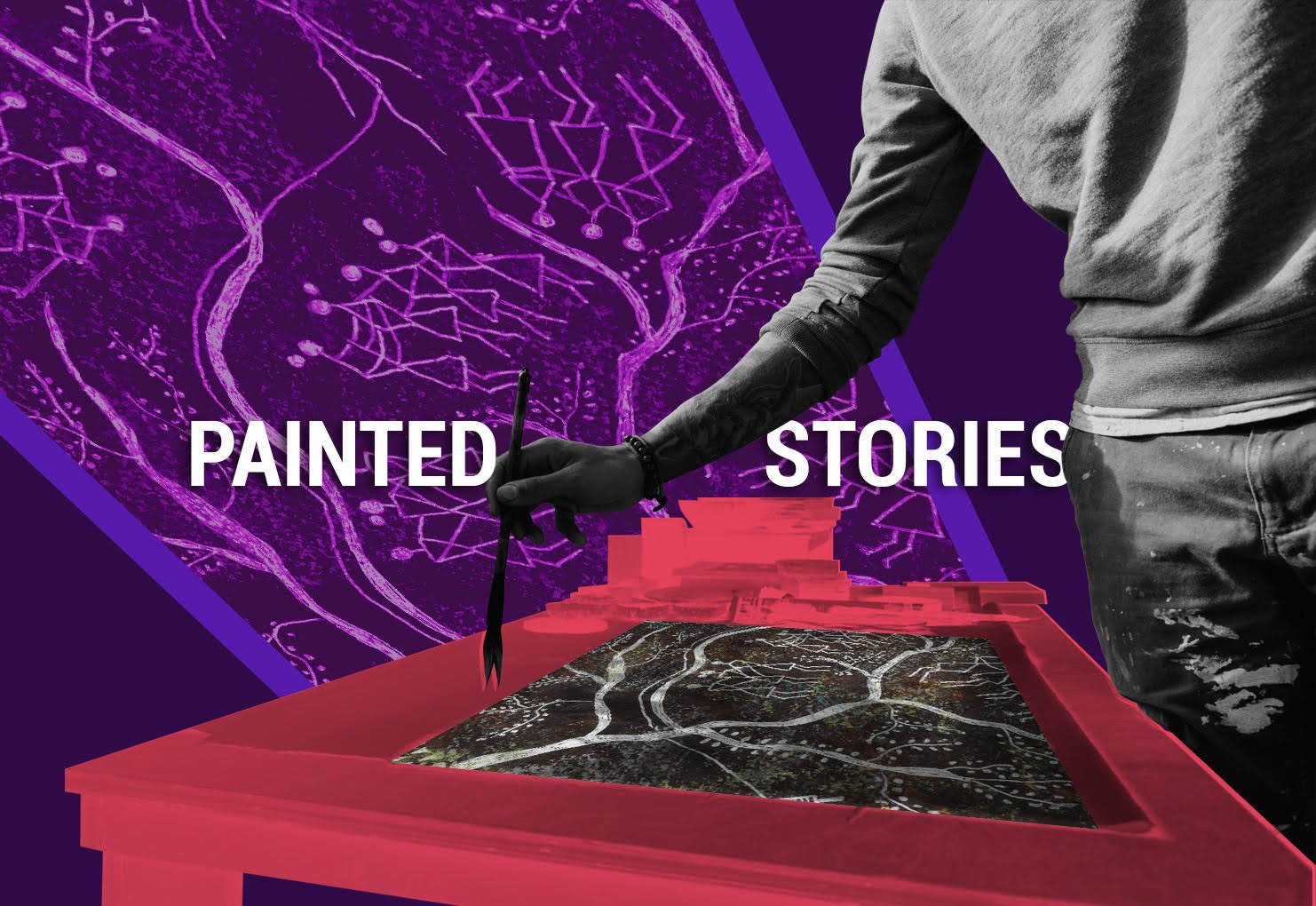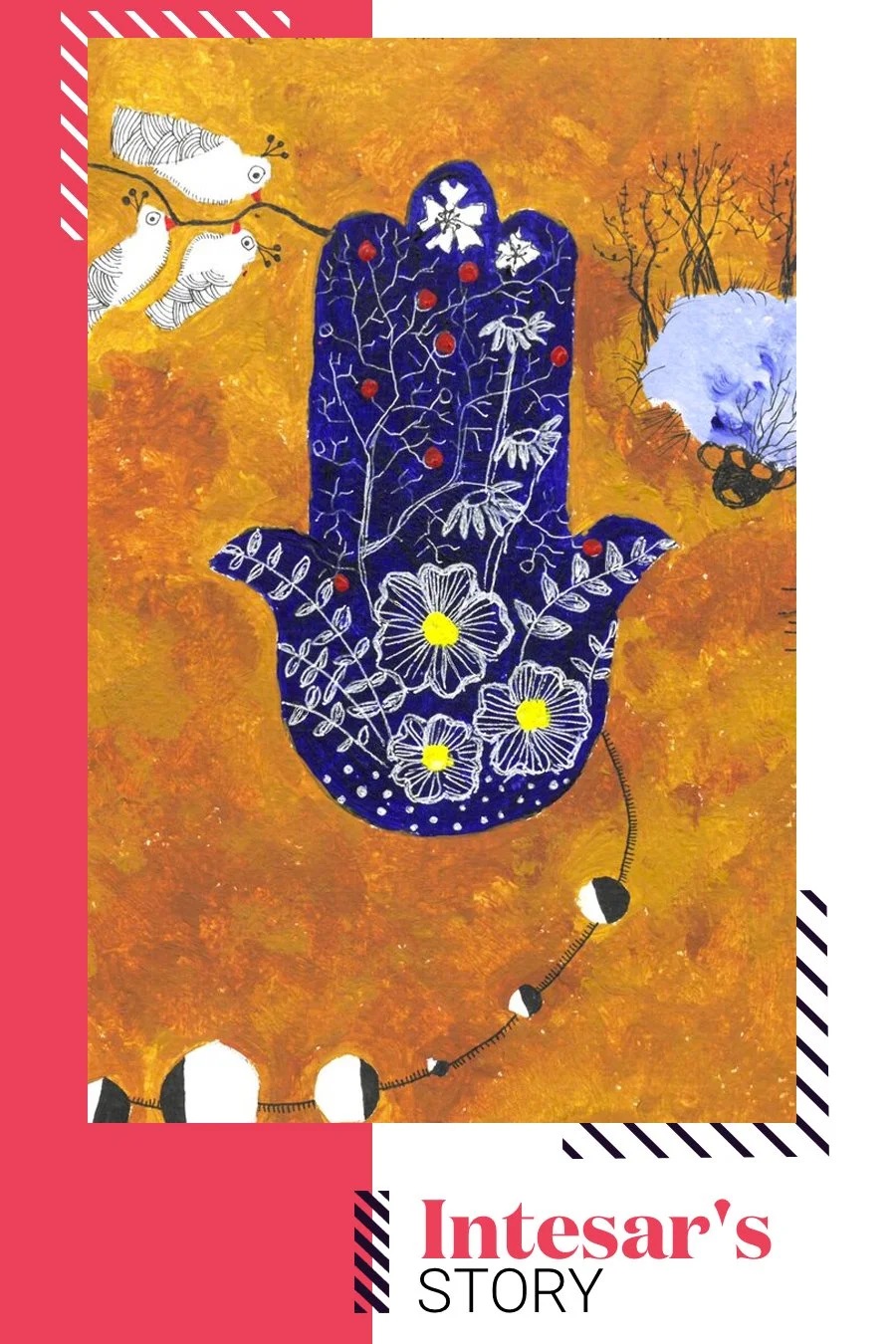
In this series, we celebrate human diversity with curated collections of short autobiographical stories gathered and illustrated by Karthik Aithal. Purposefully organized to accentuate QM’s issue themes, each collection is composed of engaging narratives that are visually reimagined as mixed-media compositions. To augment the visual experience, every piece is accompanied by a brief audio recording, in which listeners can hear Aithal’s own voice explain the meaning behind his artwork.
Pushing cultural boundaries and gender norms, a West Bengali dancer shares his quest to bring drag to India.
Having resigned from Portland State University in protest of new dogmas, a former professor pushes an out-of-fashion virtue: civil disagreement.
In the subject of gender dysphoria, a longtime sex researcher sees intriguing lines of inquiry tied up in political taboo.
Everyone has something to say about journalist Glenn Greenwald and Brazilian Congressman David Miranda. Now it’s their turn.
Tindi was heartbroken when she found out her husband had been unfaithful. The experience changed her. Now, she advocates for polyamory across East Africa.
Khalid’s underground magazine created a platform for queer youth to find community across the Middle East.
A lawyer and a computer programmer left their home in London to explore Asia for a year. A decade later, their jet-setting lifestyle has turned into a full-time career.
Growing up, Jessie’s family refused to accept that she was a girl. Now she’s found a new home and acceptance in the hijra community.
Organizing the first Beirut Pride was just the beginning of Hadi’s quest to liberate the queer people of Lebanon.
In South Africa, most queer spaces are dominated by men and/or white adults. Jade is working to open up new possibilities for youth, women, and people of color.
Joe is the author of Furry Nation and a greymuzzle. He was also straight until one day he met a man who really appreciated his fursona.
Transsexual pioneer Buck Angel reflects on the growing divide in his community over what it means to be trans.
For Ana Castillo, writing and drawing have always been connected. Together, they helped her forge a new brand of Latina feminism dubbed "Xicanisma.”
Juan Pablo was an actor who didn’t feel the need to come out in public - until he found himself doing it in front of an audience.
Two brothers changed majors to follow their passion for photography. Together, they made a groundbreaking documentary about black queer families.
In her fetish photos, Kat connects to her womanhood by turning herself into an object of meditation.
In conservative Uganda, it’s not always easy for queer people to connect with each other. Kakyo helps them do it through fashion.
Tom of Finland was an artist whose queer erotic images have become iconic. For S.R. Sharp, that’s a legacy worth preserving.
They told her there were very few queer cartoonists of color. She proved them wrong and built a database full of them to share with the world.
A professional football player lived in fear of coming out as bi. Falling in love with a man changed everything.
An Aussie macho man reflects on his time in the closet, and his decision to finally release the bi thunder from down under.
An athlete addresses the frustration of trying to compete when there isn’t a division for intersex people.
When an ice hockey player from the UK wanted to come out as bi, his biggest obstacle was the fear that his teammates would shun him.
Raised into a lifetime of playing sports, a veteran athlete explains why she wouldn’t have it any other way.
A lifelong love of the sport made him a college wrestler. Homophobia in the locker room made him an advocate for LGBT visibility in sports.
Thanks to travel and Chinese heritage, a native-born Hong Konger has a complicated perspective on the politically divided city she loves.
An Arab can support Palestine without seeing Jews as the enemy. Shouldn’t he also be able to say so without being branded a traitor?
This South African is the product of three different tribes – her mother’s, her father’s, and hip hop.
For this DNA researcher, seeking answers about our origins is a natural instinct. Helping people find them is his calling.
Today, she’s a professional social worker with the respect of her colleagues and her clients. None of them suspect she used to be a stripper.
Menstruation is a natural part of every woman’s life, but it was stigmatized in Namrata’s cultural traditions. A simple test was enough to prove them wrong.
His South African tribes told him he had to de-queer himself in order to be accepted in his community, but they were wrong. All he had to do was move to the city.
It’s easy to assume non-monogamy makes a long-term relationship hard to achieve. For this happy polyamorist, it’s worth the effort.
Raising a child is a full-time job, but somebody’s got to do it — so, why does society still look down on stay-at-home dads?
When sex work is your side gig, kinky BDSM sessions are sometimes part of the job — and that’s how Damian found his inner dom.
When Ian moved to Los Angeles, it was a lonely place to be bisexual. Taking the helm of a local social club, he revitalized and transformed it into a global phenomenon: amBi.
Seema became a doctor because she wanted to serve society, but even the best medical care is useless if it’s out of reach. She decided the only thing to do was take her help directly to the communities who needed it most.
Thanks to his country’s homophobic attitudes, it was a struggle to simply admit he was gay. Now, he’s one of Pakistan’s loudest queer voices.
Tragedy left her a young widow with limited means and a family to support. She turned her talent for beauty and fashion into a successful business, and now she shares her skills with other women so they can empower themselves, too.
For this South African, the best way to achieve social change is to collaborate at the intersection of art, activism, and education.
He created a queer comic to help address anti-LGBT discrimination in Mexico, but stigma kept him from talking about HIV—until a surprise encounter made him realize he was part of the problem himself.
























































